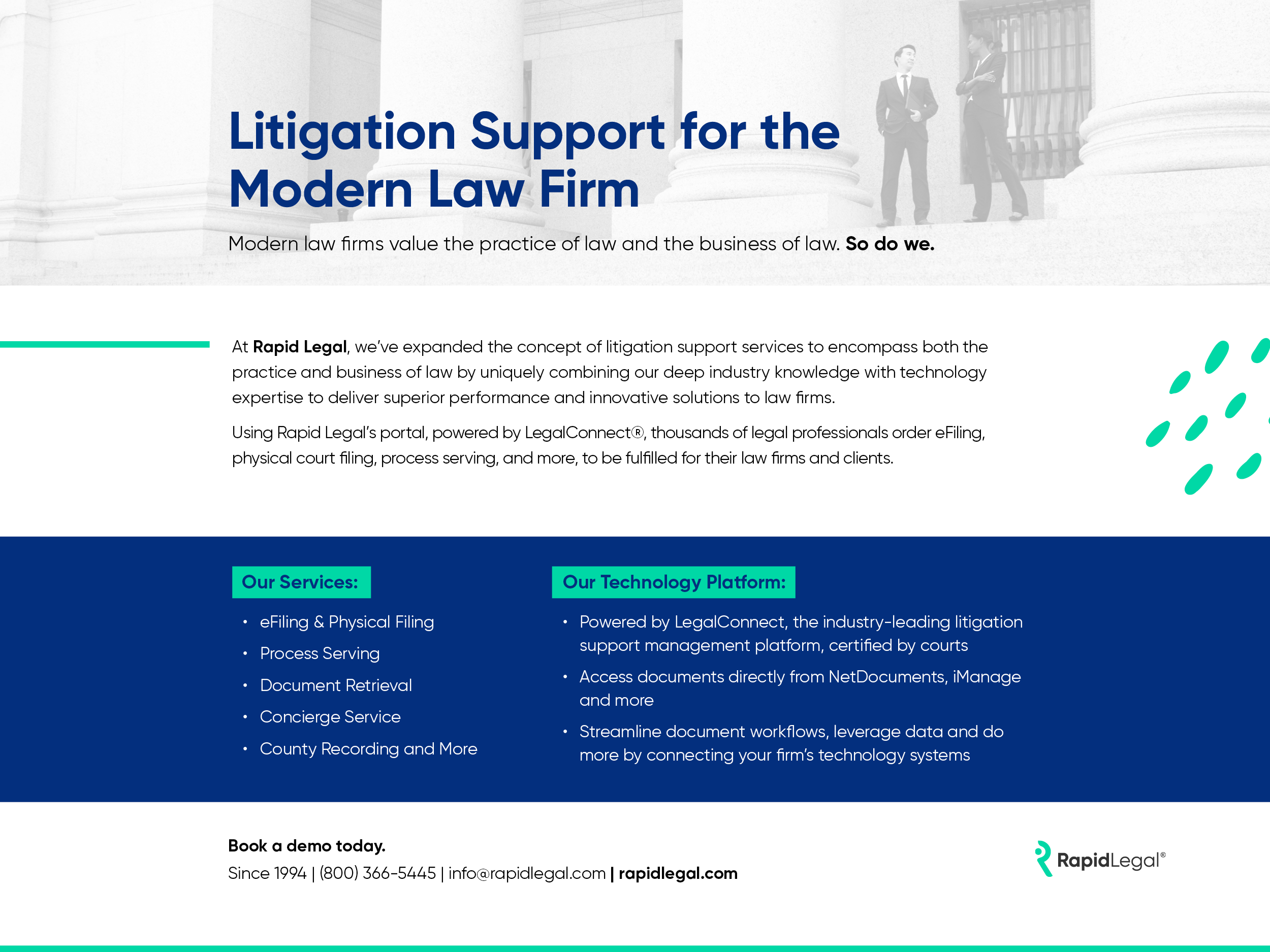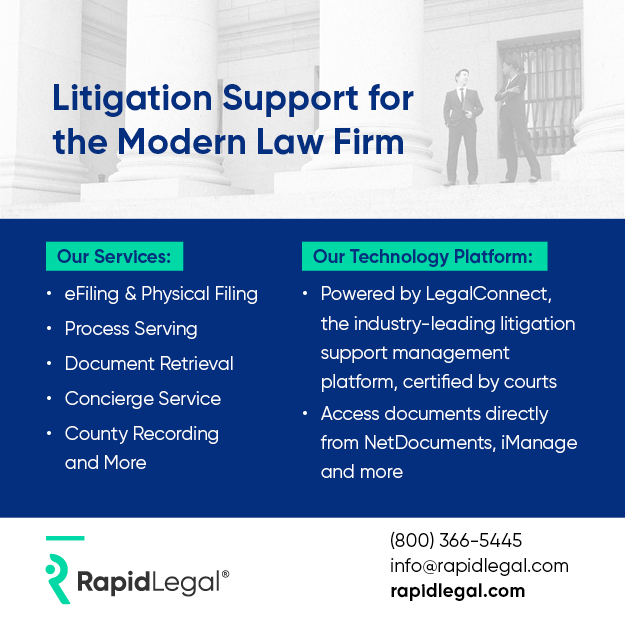Many companies already embrace generative AI — Forrester Research believes at least 10% of Fortune 500 companies will generate content with AI tools by 2024. ChatGPT brought the conversation to the forefront when it launched in November 2022. People in all industries are experimenting to see what this technology can do.
We asked ChatGPT about the limitations of generative AI in legal use cases. Its answer listed contract complexity, lack of context and bias. These are critical considerations, but does this mean that generative AI cannot be helpful? No. It means legal professionals need the right tool trained on the right data to accomplish objectives effectively.
AI has reshaped knowledge management across industries, from supply chain optimization to customer service to contract management. Legal professionals are now using it to improve workflows and analyze data for contract intelligence.
According to Deloitte, businesses using AI-powered contract lifecycle management (CLM) tools cut contract management costs by 60%. Automation reduces manual work, facilitates collaboration, and helps lawyers and businesses close deals faster.
Consolidating your documents into one repository creates a single source of truth, putting information at your fingertips. With AI, you can quickly find and analyze obligations, renewal terms, vendor relationships, payment clauses and compliance provisions, among many other data points. Meanwhile, lawyers can spend more time on strategic tasks that will promote the broader goals of companies and clients.
Now that legal professionals have experienced AI’s power, they will demand more automation and intelligence across the contract lifecycle. The next step is AI that adapts to company-specific needs. Generative AI can fill this need — provided it is trained on a robust and customized dataset.
HOW GENERATIVE AI HELPS LEGAL
Generative AI’s potential is limitless in the legal space. Legal professionals can use the technology to draft, redline and negotiate contracts. When trained on your contract database, the algorithm learns a company’s risk tolerance, standard language and acceptable alternative terms. This knowledge enables generative AI to identify untenable and risky clauses and recommend replacement language. While the machine does the tedious labor, users can easily review and approve the suggestions. That part is key — this technology isn’t fool-proof. It still requires humans to review what it generates.
“AI is here to stay, and it will provide many benefits. Chief among them: Legal professionals will gain more time to work on more engaging, value-driving tasks.”
Leveraging AI to reduce review time, edits and back-and-forth negotiations accelerates deal approval, giving your client or business a competitive advantage. You can also use AI to identify what contract language is or isn’t helping close deals.
AI will not replace or replicate legal professionals’ roles. Instead, generative AI will expand your capabilities, allowing you to do your job better and more efficiently while accelerating deals. The time saved by automated negotiation will enable you to think more critically about contract nuances and how to use contract intelligence to drive business.
MAKING IT SUCCESSFUL
We've seen generative AI's power through algorithms like ChatGPT. These capabilities are incredible, but general all-purpose tools will fall short for legal professionals. To be truly useful, an algorithm must be customized.
Rule-based approaches work well for standardized templates, but many contracts contain nuance beyond what these methods can reasonably master. Generative AI trained on general datasets will not provide the specialized information legal professionals require. Instead, AI-powered CLM must learn specifically from your contract portfolio. With the wealth of knowledge contained within, the technology can ascertain language preferences for different scenarios. For example, a contract with an entity in the European Union needs different clauses than an organization in New York. If trained on the right information, generative AI can identify the differences.
Remember: Legal professionals are the company’s true value driver — not AI. Therefore, generative AI must work with and for people. Algorithms should be transparent so humans can see and understand the data behind their recommendations and manipulate the process to generate better outputs. People control the data, not the other way around.
As always, change can be scary, so when introducing AI, leaders should be sensitive to their employees’ concerns and needs. Legal professionals will require reassurance, which management can provide by outlining what the technology does and does not do and offering training and professional development. Knowledge helps employees feel more comfortable and empowered to use the technology.
AI is here to stay, and it will provide many benefits. Chief among them: Legal professionals will gain more time to work on more engaging, value-driving tasks. We can already use AI to gather and analyze data, and applying generative AI to negotiation is only the beginning. Future capabilities could include drafting entirely new contracts, automating compliance updates and managing supply chains.
We are only at the beginning of AI's commercialization. Legal professionals must be aware of the requirements and pitfalls of the technology to successfully apply it in legal practice.
Check out the first episode of A Peek Around the Corner with PDAC, our new Legal Management Talk podcast series, where Matthew Sullivan — Chief Operating Officer at Sullivan Law & Associates, Founder and Chief Executive Officer of consulting firm Unravel Legal and a member of ALA’s Professional Development Advisory Committee (PDAC) — discusses how ChatGPT and other forms of generative AI can improve efficiencies at firms as well as ways legal administrators can use this tech now. Give it a watch on our YouTube channel or download the audio version wherever you get listen to your podcasts.


